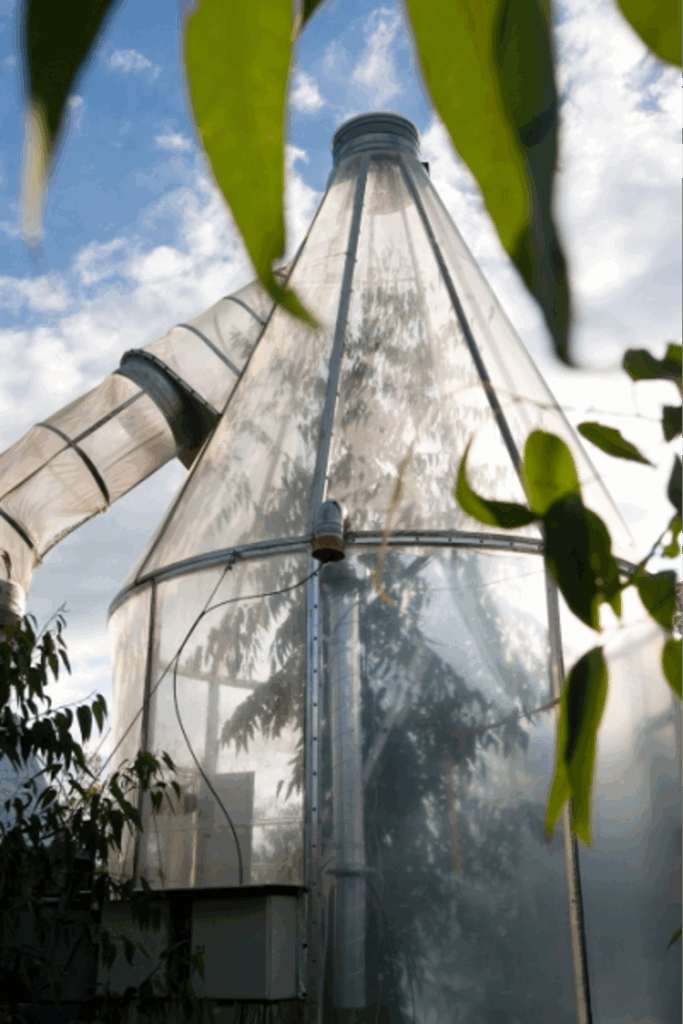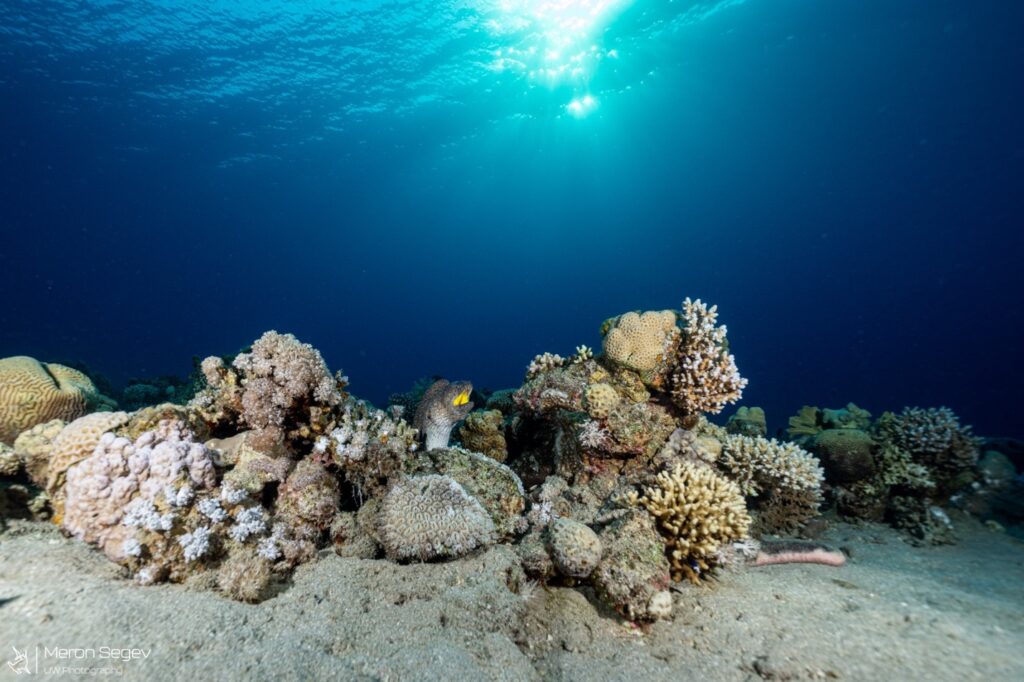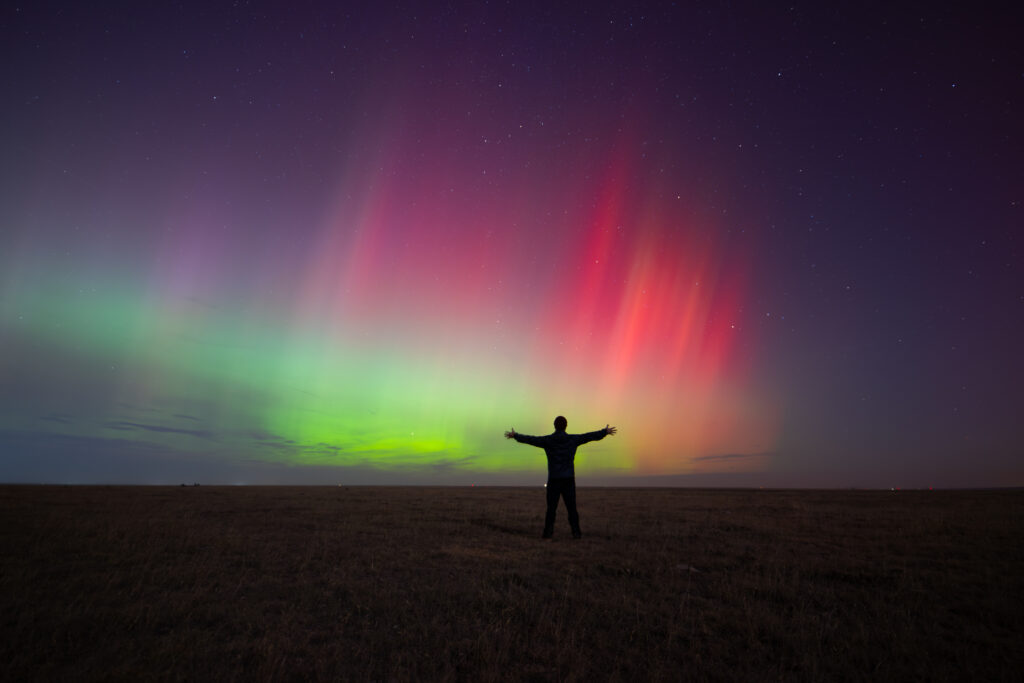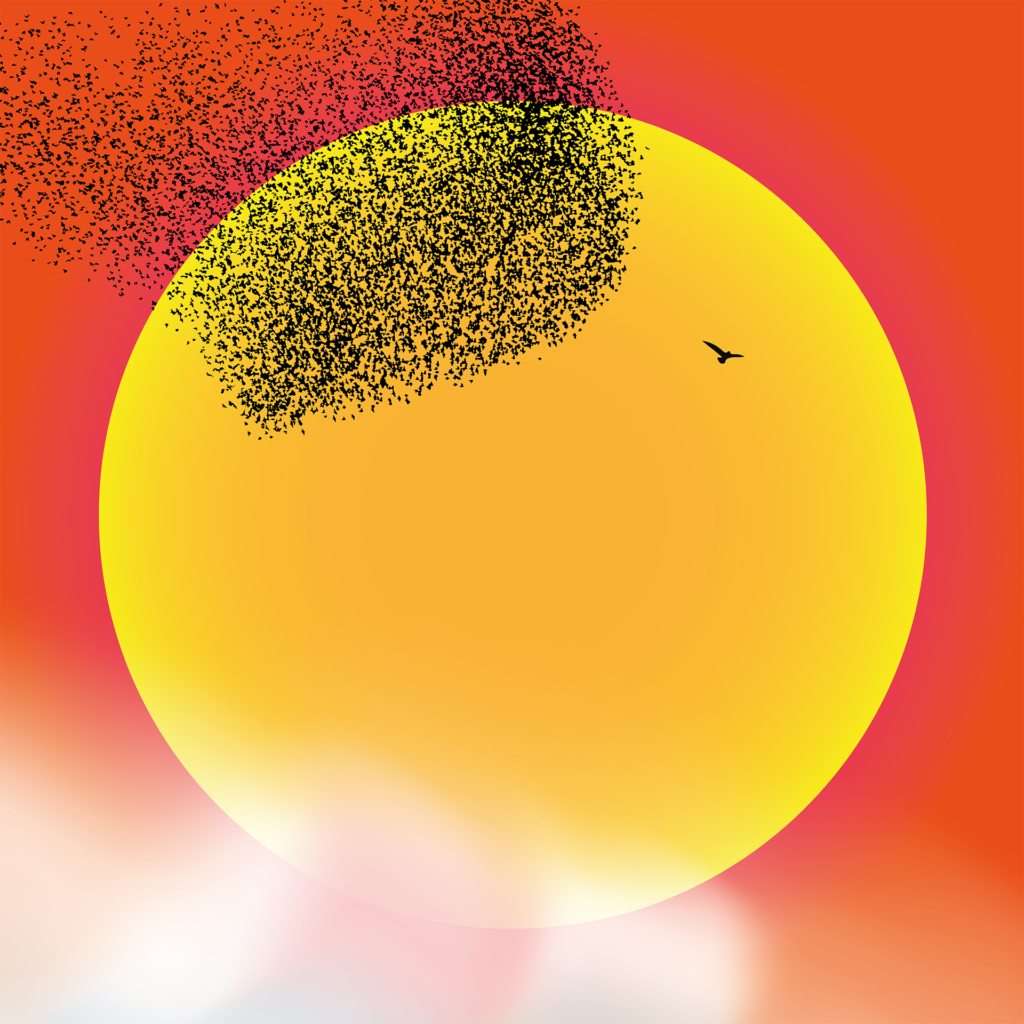Daylight and nature
The rhythms of daylight shape the biology of all living beings on the planet, including animals and plants. At northern latitudes, spring, summer, autumn, and winter dictate the behaviour and development of plants. In the tropics, endless growing seasons enabled the lush life of tropical rainforests. Sunlight not only provides energy for almost all natural processes, but is also an important source of information for living organisms and ecosystems.
Interested in contributing to this section? Please contact us at office@daylight.academy.

5 November 2025
The silent melody of the forest’s symphony
It was late at night. The owl, silent and sure, glided back to its hollowed tree as the forest held its breath. And then, without a sound, the orchestra began to play. Not of strings or brass—but of water and carbon, moving invisibly through leaves and roots, under the silent baton of a hidden maestro: the circadian clock.
5 November 2025
Daylight and Ecosystems: What Coral Reefs Can Teach Us About the Language of Light
Light is more than illumination, it’s information. Across ecosystems, organisms use subtle changes in sunlight and moonlight to synchronize their behavior and physiology. Coral reefs, shaped by these daily and lunar rhythms, are among the most striking examples of life organized by light.
31 October 2024
Celebrating Dark Nights
We are lucky that our planet rotates. During the day, the sun’s intense radiation warms the earth and brightens our beautiful blue atmosphere. At night, in the sun’s dark shadow, the earth cools, sending its heat back out into infinite space. Because of its 24-hour rotation, no one face of the planet gets burned by unrelenting radiation, or is forever deprived of the sun’s life-giving energy. However, the extreme physical contrast between these two conditions—very bright days, and very ...
31 October 2024
A Night and Day Difference
Skylines around the world—from Denver to Delhi—are rapidly rising and densifying to accommodate growing urban populations. The efforts are well-intentioned; making cities compact can reduce energy use. Yet it can also introduce other environmental and public health problems, such as a diminished distinction between night and day.
31 October 2024
A word for darkness
I wish to speak a word for darkness, for that natural quality on which so much depends, the matching half to natural daylight, both so valuable for life. It makes sense to consider natural darkness on Halloween, a celebration that plays with our fears, because it’s our fear of the dark that often separates us from the value of natural night. Just as we take for granted the benefits of daylight, so we live in ignorance of the dark. But this can change.
19 August 2021
10 questions on how daylight guides plants, animals, and humans through seasons
The Daylight Awareness Week took place online from the 25 to 27 May 2021 and was a great succes thanks to the captivating presentations and the lively exchanges with the audience. During these three days, we gained many exciting insights into multidisciplinary topics around daylight, and were given food for thought. Day 3 focused on how daylight guides plants, animals, and humans through seasons. If you missed the event, you can watch it below. The audience had many exciting questions and ...
14 May 2020